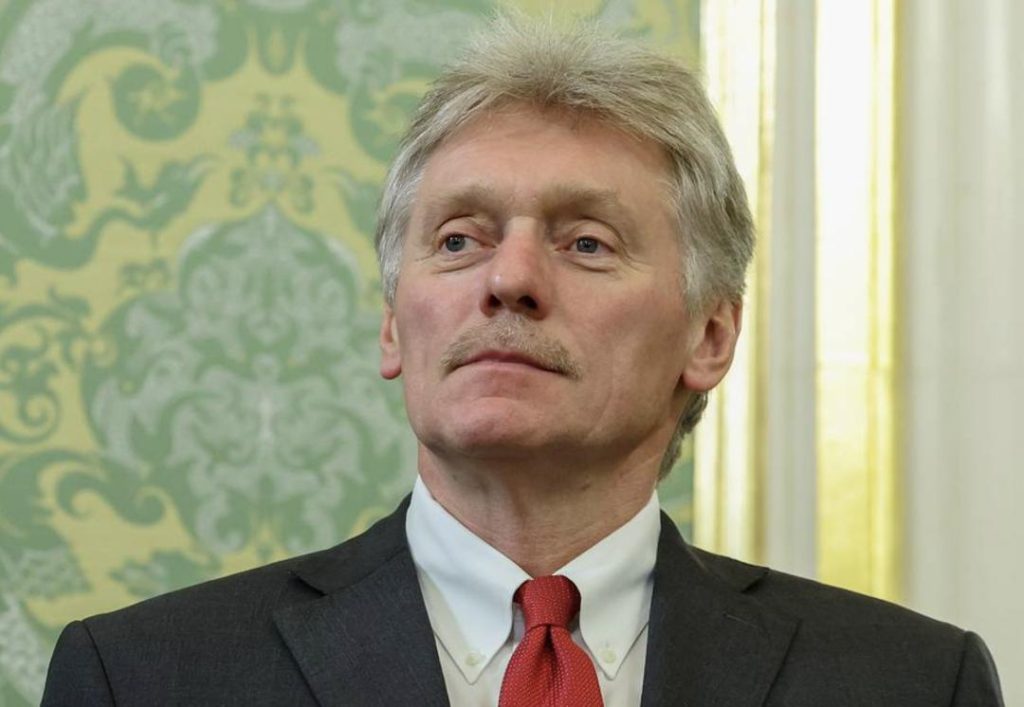
Military Conflicts in Ukraine & Iran are Incomparable: Russia
The ongoing conflicts in Ukraine and Iran have been making headlines globally, with both countries embroiled in intense military struggles. However, according to Russian spokesperson Dmitry Peskov, these conflicts are fundamentally different in their essence and nature. In a recent statement, Peskov emphasized that the military operation in Ukraine and the Israeli attacks on Iran are incomparable, with distinct precursors and motivations.
On one hand, Russia’s special military operation in Ukraine has been ongoing since February 2022, with the aim of denazifying and demilitarizing the country. The conflict has its roots in the Maidan Revolution of 2014, which saw the ousting of pro-Russian President Viktor Yanukovych and the subsequent rise of a pro-Western government in Kiev. Russia has accused the Ukrainian government of perpetuating a genocide against the Russian-speaking population in the Donbass region, which has led to the deployment of Russian troops to the region.
On the other hand, the Israeli attacks on Iran have been a response to a series of rocket attacks launched by Iranian-backed militia groups in Syria against Israeli military targets. The attacks have been escalating in recent months, with Israel launching retaliatory strikes against Iranian targets in Syria. Peskov’s statement marks a significant shift in Russia’s stance on the conflict, as Moscow had previously been ambiguous about its position on the Israeli-Iranian conflict.
Peskov’s comments suggest that Russia sees the conflict in Ukraine as a unique and justified response to the actions of the Ukrainian government, whereas the Israeli attacks on Iran are viewed as a disproportionate and unjustified response to the rocket attacks launched by Iranian-backed militia groups. This distinction is rooted in Russia’s long-standing support for Iran and its opposition to Western interference in the Middle East.
Russia’s support for Iran is not new, and Moscow has consistently opposed Western-led sanctions against Tehran. In recent years, Russia has increased its economic ties with Iran, signing several major energy deals and participating in joint military exercises. Peskov’s statement suggests that Russia will continue to support Iran, albeit in a more public and vocal manner.
The distinction between the conflicts in Ukraine and Iran is significant, as it highlights Russia’s complex and nuanced approach to international relations. While Russia has been willing to take a firm stance against the Ukrainian government, it has also sought to maintain a delicate balance in its relations with the Middle East.
In the context of the Israeli-Iranian conflict, Russia’s stance is particularly noteworthy. Moscow has traditionally enjoyed good relations with Israel, and has been a key player in efforts to broker a peace agreement between Israel and Palestine. However, in recent years, Russia has also sought to increase its influence in the Middle East, and has become increasingly critical of Israeli actions in the region.
Peskov’s statement suggests that Russia is willing to take a more vocal stance in support of Iran, albeit within the limits of its diplomatic capabilities. This shift in Russia’s stance is significant, as it marks a departure from Moscow’s traditional policy of neutrality in the Israeli-Iranian conflict.
In conclusion, Peskov’s statement highlights the fundamental differences between the conflicts in Ukraine and Iran. While Russia sees the conflict in Ukraine as a justified response to the actions of the Ukrainian government, it views the Israeli attacks on Iran as a disproportionate and unjustified response to the rocket attacks launched by Iranian-backed militia groups. As Russia continues to navigate its complex relations with the Middle East, it is likely that Peskov’s statement will have significant implications for the future of the Israeli-Iranian conflict.
Source:



